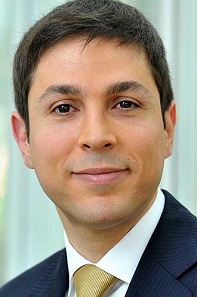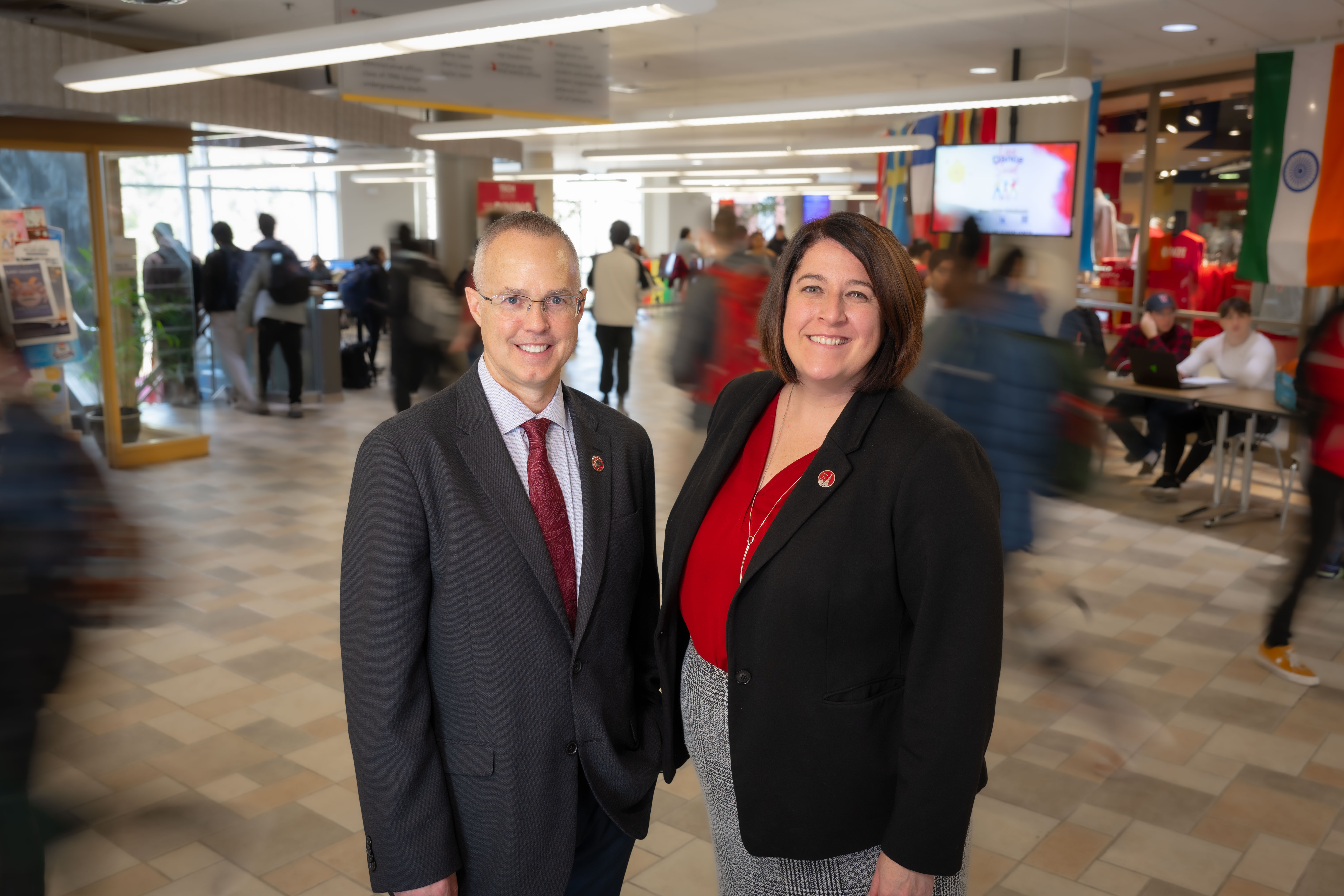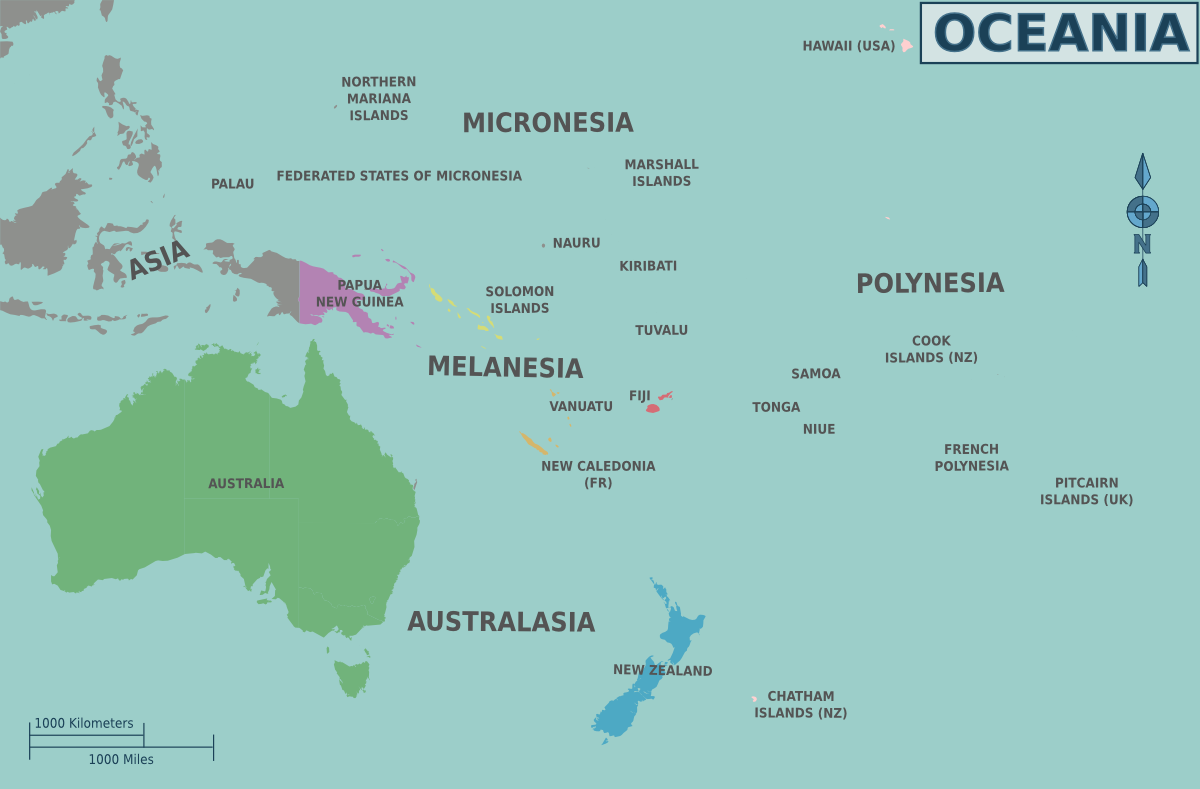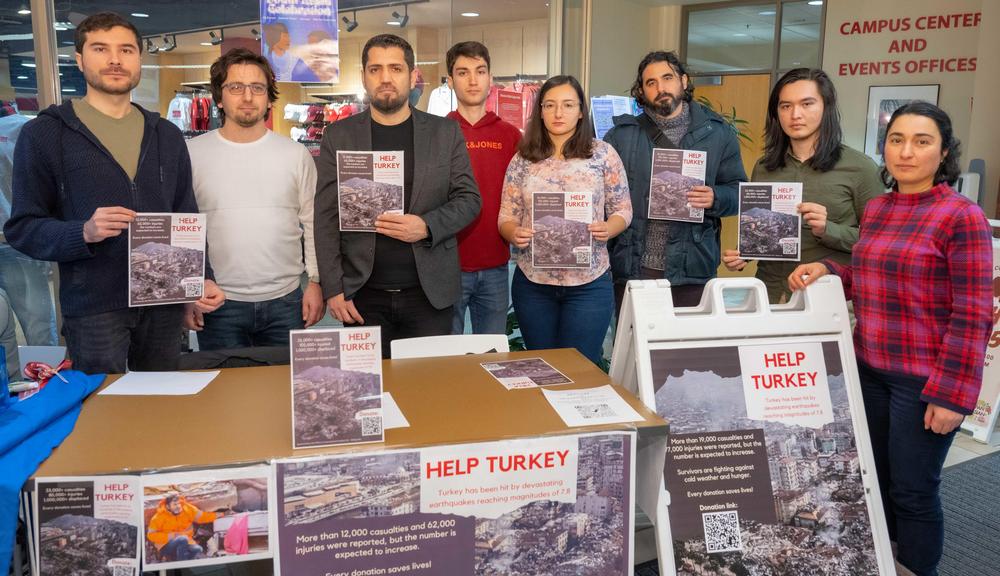Like any armed conflict where passions are high, lives are lost and in turmoil, and opposing parties stand on vastly contrasting sides of the political spectrum, the civil war in Syria is a complex and volatile situation. As is the case with many circumstances across the Middle East, it is one that has no quick fixes or easy answers.

Ribal al-Assad
“We need to hear all points of view,” says Bland Addison, associate professor specializing in history and international studies in WPI’s Department of Humanities and Arts. “We shouldn’t discount any of points of view until we’ve heard all of them.”
WPI students and other interested locals will have the opportunity to hear one of those distinct points of view in a talk tomorrow (April 13) by Ribal al-Assad. The Syrian human rights proponent will offer the discussion, “Syria, the Middle East, and the New Cold War: How three tiers of conflict created an Apocalypse,” at 11 a.m. at Fuller Labs in Lower Perreault Hall. The event is free and open to the public.
A Syrian refugee, al-Assad, 40, is the son of former Syrian vice president Rifaat al-Assad, and first cousin of divisive current president Bashar al-Assad. He is founder and director of the Organisation for Freedom and Democracy in Syria, and advocates for a peaceful transition to democratic order in his home country and in relations with Israel.
Who: Ribal al-Assad, son of former Syrian vice president Rifaat al-Assad and first cousin of current president Bashar al-Assad
What: A discussion, “Syria, the Middle East, and the New Cold War: How three tiers of conflict created an Apocalypse.”
When: Wednesday, April 13, at 11 a.m.
Where: Fuller Labs in Lower Perreault Hall
This program is free and open to the public.
“We want to concentrate on our future country,” he told Robert Fiske, Middle East correspondent for the UK-based news outlet The Independent, in a 2010 interview. “A country cannot be built on past grudges. We have to forgive – I don’t know about forget – and we have to live together, all Syrians who believe in democracy and human rights, to have a new era. The Berlin Wall fell, the Soviet Union collapsed. Syria will change.”
Al-Assad’s talk was organized through the Worcester World Affairs Council, one of 95 such nonprofit groups across the U.S. dedicated to informing and engaging its members and their communities in international affairs. It is one of several such discussions scheduled this spring at various World Affairs Councils; he is also speaking this week in Boston and Portland.
Although the conflict has been raging in Syria for nearly five years – resulting in an estimated 500,000 dead and five million displaced refugees – the topic is particularly pertinent now, Addison points out. Russia, Assad’s main ally, recently announced its removal of some troops from Syria in an effort to prompt Assad to more seriously consider peace negotiations.
“The question is, ‘Where do we go from here?’” says Addison. “It is going to take a very complex solution – there is no happy fix.”
The conflict and the overall unrest in the Middle East are ongoing topics of discussion among his students, he says, coming up regularly in courses and seminars.
“We are delighted to have this source of information,” says Addison. “The students are eager to hear what he has to say.”
– By Taryn Plumb



